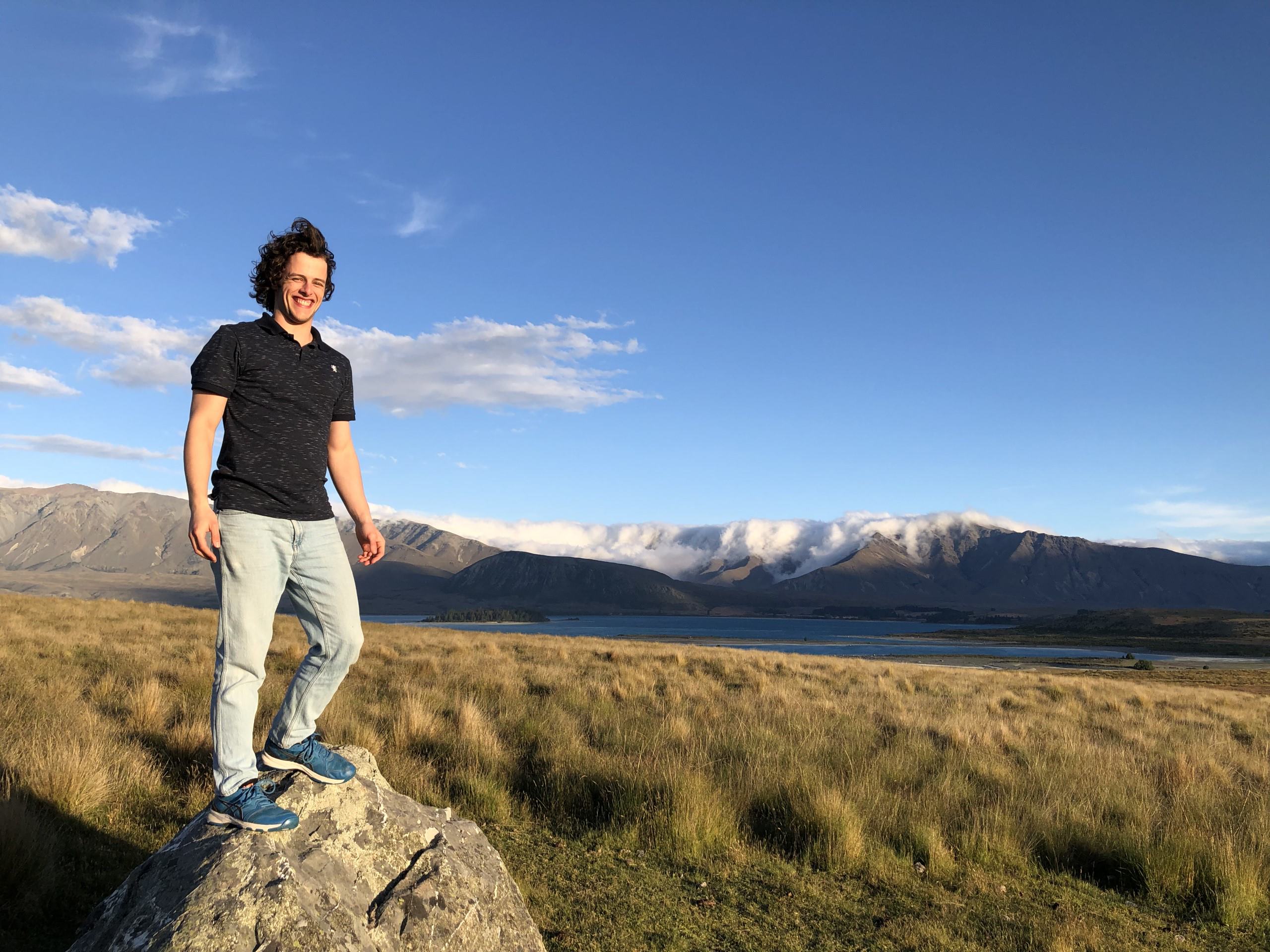
Ellen interviews 10-year-old boy raising money for hearing aids to give to others
October 12, 2017
10-year-old girl starts YouTube channel about her hearing loss
October 16, 2017“What’s in your ears?”: How we answer questions about our children’s hearing aids

Growing up wearing hearing aids, my children heard the question, “What is in your ears?” more times than we can count. The question typically comes from a curious child or from a silent stare of a well-intended adult.
At first, this question felt awkward. I didn’t always know how to respond. With time and practice, this question has turned from making us feel uncomfortable to allowing us to feel empowered. We now welcome when people ask about my children’s hearing aids because it gives me the opportunity to educate, fight stigmas, create empathy, and advocate about hearing loss and hearing aids.
Education
Hearing loss is not common. When we go to the park, almost every time, my children are the only ones wearing hearing aids. So, when people ask about my children’s hearing aids, it gives me the opportunity to educate about their hearing loss and how hearing aids work. I mean, it is not every day that a person gets to see hearing aids do their magic.
“I mean, it is not every day that a person gets to see hearing aids do their magic.”
For younger children, I will respond with something like this: “Ayden and Sayge have a lot of natural hearing, but there are some sounds they can’t hear, so, hearing aids help them hear better. Like glasses help someone to see clearly, hearing aids help people hear clearly.” If I have more time, I will share specifically how hearing aids take in the sound through a microphone on the hearing aids.
When I notice that a child or parent is extra interested, I explain that hearing loss is on a scale that ranges from mild to moderate, to severe, to profound. We typically call deafness profound, but most people fall somewhere in the middle. I will add that, in addition, the hearing loss can run from low sounds too high sounds.
Letting people see a hearing aid is always fun. I point to the microphone and the fun lights that blink on and off letting us know they are working. However, the one point that always impresses the most is the Roger Fm system. When I talk about Roger FM, I share that background noise and distance can make hearing clearly hard. But, not with the “Roger Roger” – as we call our FM system. I let other speak into the Roger microphone and play the silly word game with Ayden. We say silly words into the microphone from afar and try to make my son laugh.
Fights Stigmas
The more people know and are exposed to a person with hearing loss, the more stigmas will be broken down. And, with hearing loss, there are a lot of stigmas. Before my children with hearing loss were born, I confess I had my own stigmas that I believed. These stigmas caused a lot of fear when my son was first diagnosed.
Now, having a few years of experience after my two children with hearing loss were diagnosed, my own stereotypes are broken. I see daily my children’s own abilities, I know that there is little that they can not do. The more others see hearing aids and are exposed to hearing loss, it will naturally break down the negative stigmas that are associated with hearing loss.
D.J. Demer is fighting stigmas with Phonak’s Here to Hear Tour. He is traveling the country as a deaf comedian with the goal to break down stereotypes and stigmas related to hearing loss. In his first vblog he explains how he is going to break down the stereotypes. He says “How are we going to do that? I am not sure, but I think how I will do that is have a lot of fun.” The more people are exposed to others with hearing loss and hearing aids, the more stigmas are broken. People are able to see first-hand how amazing and capable others are with hearing loss.
Read more: Why the Here to Hear Tour is so important to deaf teens
Create Empathy
The more exposure that others have to hearing aids and people with hearing loss, the more likely they are going to learn what life is like for someone who is deaf and hard-of-hearing. Empathy is defined as the ability to understand and share the feelings of another. When another child creates a connection with my son and daughter, they are going to have a unique gift of understanding what the little parts of their lives are like. This experience creates empathy. The more empathy a person has, the more they are able to accommodate, have patience, and support another person with hearing loss.
Advocate
When we educate others, break down stigmas, and create empathy, we are advocating for our children with hearing loss. To advocate for another is to publicly support or to recommend. When I think of advocacy, I feel like I am going from a victim mentality to an offence mentality. I go from feeling broken to feeling empowered; from feeling kicked down to rising up.
When people ask the question about what is in my child’s ears or have questions about hearing loss, it creates moments for everyday advocacy. You don’t need to be a blog writer or a speaker to advocate. By educating, breaking down stigmas, and creating empathy with your family, friends, and community – you are advocating for them.
“When people ask the question about what is in my child’s ears or have questions about hearing loss, it creates moments for everyday advocacy.”
Use these opportunities to share tips on what is helpful to do when talking to someone who has hearing loss. In these moments that I share with others, I feel empowered. Additionally, by showing our pride and empowerment we are modeling that mindset for our children. Our kids will grow up as a generation of children filled with resiliency, pride, and confidence.
I now look for opportunities to share about my children’s hearing aids and hearing loss. When we are at a park, I am excited when people ask about our hearing aids, The more people know about hearing loss and the more they are exposed to hearing aids, the better it is for all people who are deaf and hard of hearing.
Interested in the Here to Hear tour? Learn more here.



